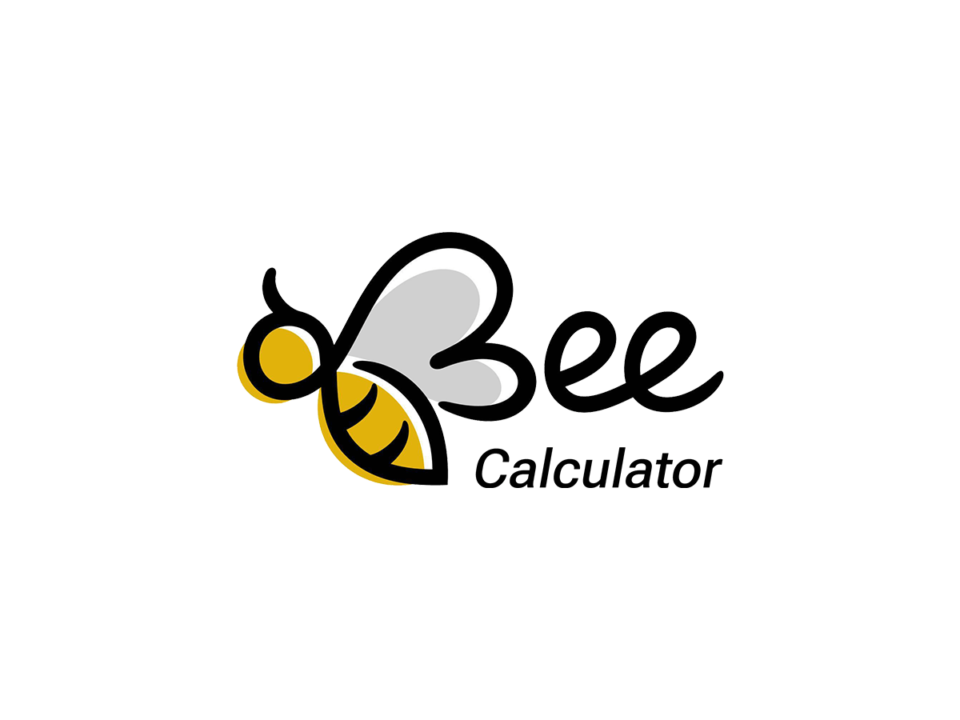Weight Converter
Weight Converter - How to Use It Properly
Whether you're working on a baking recipe, a fitness plan, or trying to figure out international shipping rates, understanding different weight measurements is key. Our easy-to-use Weight Converter helps you convert between various units such as milligrams, grams, kilograms, pounds, ounces, stones, and tons with just a few clicks. This article will guide you through the process of using our tool, explain the different units, and provide some fun facts along the way!
How to Use the Weight Converter
Using the weight converter is simple and intuitive. Just follow these steps to get the most accurate conversions:
- Select the unit of measurement you want to convert from (e.g., grams, pounds, or kilograms).
- Enter the value in the field corresponding to that unit. For example, if you know the weight in grams, enter the number in the "Grams" field.
- Once you type in the value, the converter will automatically update the equivalent measurements in all other units. You don't need to press any buttons!
- If you want to convert a different unit, simply type the value in another field, and the converter will update the rest.
That's it! You can use the converter for any measurement need, whether it's for calculating your ideal weight in stones or converting a recipe from pounds to grams for more precise cooking.
Understanding Different Weight Units
There are many units of weight measurement, and they are used differently across the world. Let’s break down the most common ones you'll be working with in our weight converter:
- Milligrams (mg): A milligram is one-thousandth of a gram. It’s most commonly used in medical measurements for dosing medications, but you might also see it in chemistry or food science.
- Grams (g): Grams are a standard metric unit for weight and are widely used across the globe, especially in cooking and science. 1 gram equals 1,000 milligrams.
- Kilograms (kg): The kilogram is another metric unit, often used for larger objects or in everyday life to measure body weight, grocery items, or gym weights. One kilogram equals 1,000 grams.
- Pounds (lb): Pounds are commonly used in the United States and some other countries for measuring body weight, food, or other everyday items. There are approximately 2.2 pounds in 1 kilogram.
- Ounces (oz): Ounces are smaller units used primarily in the United States for measuring food, liquids, and smaller objects. There are 16 ounces in a pound.
- Stones (st): Stones are mainly used in the UK and Ireland to measure body weight. One stone is equivalent to 14 pounds.
- Tons (US and Metric): A ton is used for measuring very large objects, such as vehicles or industrial goods. A US ton equals 2,000 pounds, whereas a metric ton equals 1,000 kilograms.
Why Use a Weight Converter?
With so many different units in use, converting weight manually can be a headache. If you’re in a situation where you need to switch between pounds, kilograms, grams, and more, a weight converter becomes your best friend.
Here are a few scenarios where using a weight converter is essential:
- Cooking & Baking: Recipes are often written using different units of measurement depending on where they originate. A weight converter can help you quickly switch from grams to ounces or from pounds to grams, ensuring your dishes come out perfectly!
- Shipping & Logistics: Many shipping companies use specific units, and knowing how to convert quickly between kilograms and tons or pounds can be the difference between choosing the right service and saving money.
- Fitness & Body Weight: If you’re following a fitness program or trying to track your body weight in different units (like pounds or stones), a weight converter helps keep things consistent and easier to track.
- Medical & Health: Medical professionals and patients alike may need to convert weights, especially with medications and body measurements, which could be in milligrams or kilograms depending on the context.
Fun Facts about Weight Units
Weights can sometimes have surprising origins or applications! Here are some fun facts about the units we often convert:
- Did you know that the term "pound" comes from the Latin word "libra," which is why pounds are often abbreviated as "lb"?
- In the UK, despite widespread use of the metric system, people still commonly use stones to describe their body weight.
- The kilogram was originally defined as the mass of one liter of water. Now, it's based on fundamental constants of nature!
- In the US, tons are based on the "short ton" (2,000 pounds), while most of the world uses the "metric ton," which is equal to 1,000 kilograms.
- The ounce originated in Ancient Rome, where it was called "uncia" and was 1/12th of a Roman pound.
Final Tips for Accurate Weight Conversions
Here are some tips to ensure you're getting the most accurate results when using the weight converter:
- Be mindful of decimal places: For smaller units like milligrams and grams, even small errors can make a big difference. Use at least two decimal places for precise conversions.
- Know your regional differences: As noted, some countries use different versions of tons (e.g., metric vs. short ton), so make sure you're using the right unit for your needs.
- Check your original measurement: If you're converting from an old recipe or scientific formula, ensure that the original value is correct before converting.
Now that you know how to use the Weight Converter, it’s time to put it to the test! Whether you’re baking a cake, hitting the gym, or calculating shipping rates, this tool will make weight conversions a breeze.

